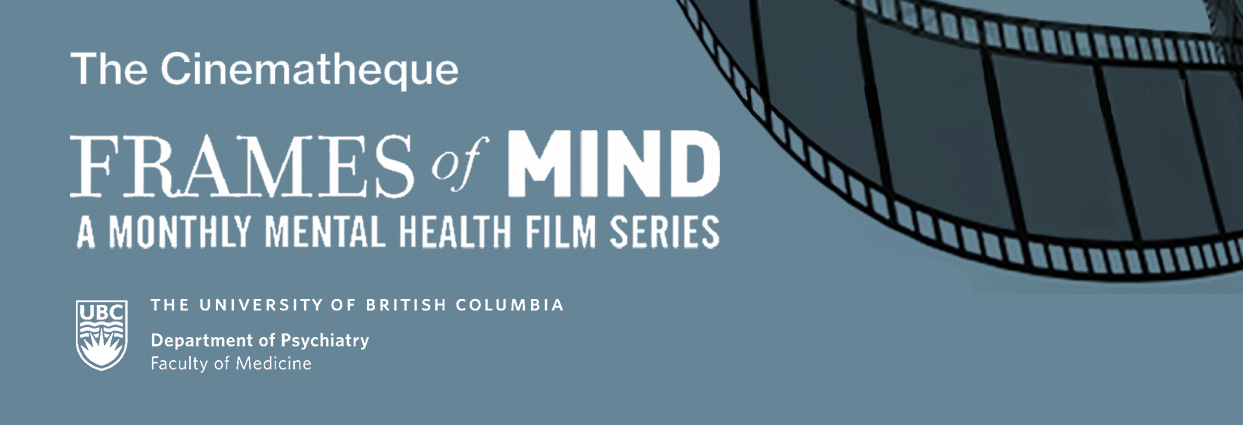
Dear Staff, Fellows, Residents, and Colleagues,
I am delighted to share that the selection process for the 2024/2025 IMH Marshall Fellows Program has been completed by the IMH Scientific Advisory, comprised of members across Canada and the U.S., which noted the many high-quality proposals submitted this year. Of the six awardees whose innovative proposals were recommended for funding by the Chairs of the Committee, five awardees were able to accept the award and one was unable to due to their plans to leave Canada.
As the decisions have now been finalized, it is with great pleasure that I announce the 2024/2025 cohort of the IMH Marshall Fellows Program. Please join me in warmly congratulating the following awardees, listed in alphabetical order:
IMH Marshall Fellowship Awardees & Research Titles
Nicholas Ainsworth, MD: Measuring response to L-DOPA challenge as a biomarker for outcomes in late-life depression: A pilot clinical trial
Abhijit Chinchani, PhD: Transcranial alternating current stimulation (tACS) for improving information-gathering impairments using eye movements in schizophrenia
Laura Labonté, MD: Risk factors for cognitive impairment and substance-induced psychosis in people living in precarious housing or homelessness.
Victor Li, MD: Clinical effects of methadone on depressive symptoms in patients with long-term opioid prescriptions
Kirsten Marchand, PhD: Investigating what matters to youth: A mixed-methods study of youth-centred opioid treatments and their outcomes Neuronal Gene Expression and Autism Behaviours Across Development
I encourage you to visit the IMH Marshall Fellows web page to learn more about each of our awardees and the exciting research they will be pursuing. I look forward to sharing further updates on our Fellows in the months to come.
On behalf of the Institute of Mental Health and the UBC Department of Psychiatry, I wish each of our 2024/2025 IMH Marshall Fellows much success as they gain valuable experience that will both accelerate their learning and serve as an important foundation for their future pursuits in translational mental health research.
Sincerely,
Dr. Lakshmi N. Yatham, MBBS, FRCPC, MRCPsych (UK), MBA (Exec)
Professor and Head, UBC Department of Psychiatry
Director, Institute of Mental Health, UBC
Regional Head and Program Medical Director, VCH/PHC
The UBC Department of Psychiatry Administration Office respectfully acknowledges the land on which we live, work and play is the traditional, ancestral, and unceded territories of the Coast Salish Peoples, the xʷməθkʷəy̓əm (Musqueam), Skwxwú7mesh (Squamish), and Səlilwətaɬ (Tsleil-waututh).




